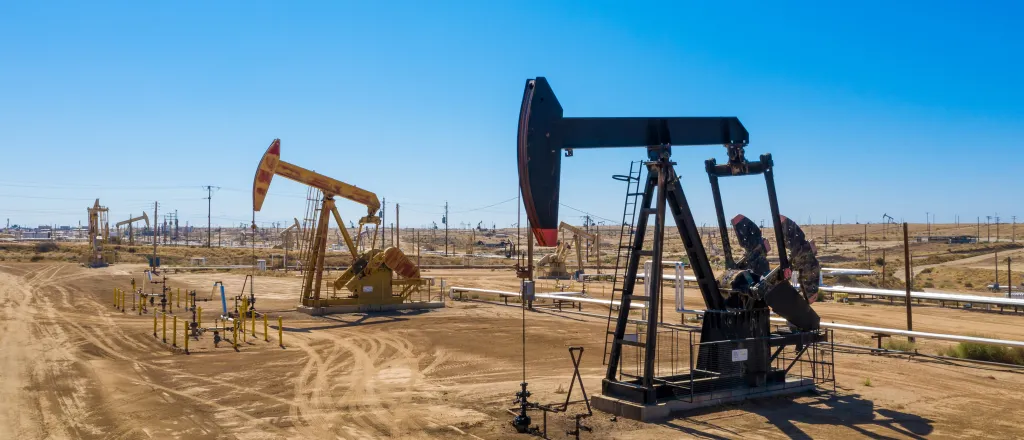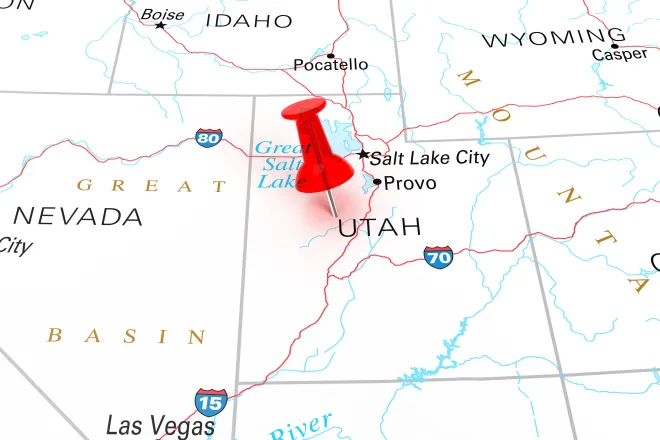
Reacting to U.S. oil boom, OPEC cuts production
By Bethany Blankley | The Center Square
For the past 18 consecutive months, the U.S. has led the world’s crude oil production. It surpassed Russia and Saudi Arabia in June and August of 2018. One year later, the U.S. surpassed its own production record by 14.6 percent.
In response to the U.S. oil boom, OPEC and Russia announced Friday they were cutting their production by 500,000 barrels per day in order to support prices.
Saudi Arabia, other OPEC allies and Russia met Friday in Vienna.
Before the meeting began, Saudi Energy Minister Prince Abdulaziz bin Salman said, “The market will have to trust us. The analysts will have to believe us” [and if they don’t] “we cannot deliver what we want to achieve. It is as simple as that, and sometimes it is as tough as that.”
According to Bloomberg News, “The size of the OPEC+ daily production cuts target will be increased from 1.2 million barrels to 1.7 million barrels.”
The U.S. leading crude oil production for the first time since 1973 “demonstrates how the US shale oil boom has reshaped the global energy landscape,” CNN Money reports. U.S. crude oil production has more than doubled over the past decade.
While nearly 100 countries produce crude oil, only five countries produce nearly half of the world's total crude oil production (49.6 percent): U.S., Russia, Saudi Arabia, Iraq and Canada.
The top five crude oil producing countries from 1980 to 2018 are the United States ($10.95 million barrels per day), Russia ($10.76 million barrels per day), Saudi Arabia ($10.43 million barrels per day), Iraq ($4.61 million barrels per day) and Canada ($4.26 million barrels per day).
In June and August of 2018, the United States surpassed Russia in crude oil production for the first time since February 1999 and Saudi Arabia for the first time since 1973.
By August 2019, domestic production averaged 12.107 million barrels per day, up 14.6 percent compared to the same period in 2018, according to an analysis by Ino.com, a company specializing in futures and options markets.
More cost-effective drilling technology has helped to boost production, especially in Texas, North Dakota, Oklahoma, New Mexico, and Colorado, the U.S. Energy Information Agency says.
Crude oil is produced in 32 U.S. states and in U.S. coastal waters. In 2018, roughly 68 percent of total U.S. crude oil production came from Texas (40.5 percent), North Dakota (11.5 percent), New Mexico (6.3 percent), Oklahoma (5 percent), and Alaska (4.5 percent).
In 2018, nearly 16 percent of U.S. crude oil was produced from offshore wells in the Gulf of Mexico.

















